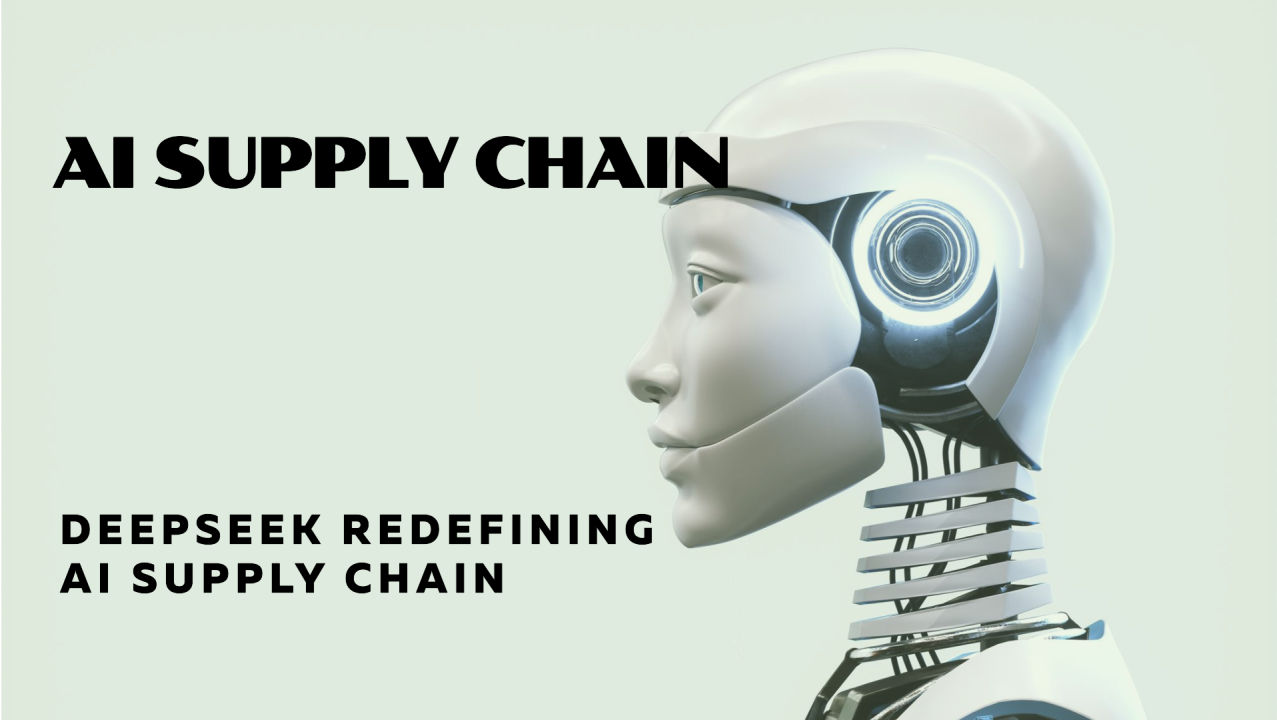Chinese startup DeepSeek is making waves in the AI industry, capturing attention with innovative, cost-efficient AI models rivalling better-funded U.S. players like OpenAI. Last month, DeepSeek-V3 stunned the tech community by delivering performance on par with top-tier AI models. This week, the company impressed again with R1, its foray into AI reasoning. These breakthroughs signify a larger shift in global AI development, with profound implications for the AI supply chain.
DeepSeek’s success reflects a broader trend among Chinese AI companies such as Alibaba, Tencent, ByteDance, Moonshot, and 01.ai, which have been narrowing the gap with their U.S. counterparts. What sets them apart is their ability to deliver cost-efficient, high-performing solutions—a response to escalating export restrictions imposed by the U.S. and its allies.
By limiting access to advanced AI chips, these restrictions have inadvertently fuelled Chinese innovation. Companies have embraced alternative approaches, such as mixture-of-experts models and smaller AI systems designed to tackle specific data sets. These models maximise efficiency, delivering competitive results with fewer computational resources.
DeepSeek exemplifies how efficiency can disrupt the AI market. By demonstrating that powerful AI models can run on less advanced, more affordable chips, the company challenges the dominance of high-end GPUs from firms like Nvidia. This shift:
- Democratizes AI Technology: Smaller firms and startups can now access AI capabilities once restricted to organisations with vast hardware budgets.
- Reshapes Hardware Demand: Demand for energy-efficient and cost-effective chip alternatives is expected to rise, driving competition and diversification within the AI hardware sector.
DeepSeek’s achievements also redefine how value is perceived in AI models. While the industry previously prioritised size and complexity, these developments demonstrate that efficiency and optimisation are equally crucial.
- Efficiency over size: Smaller, resource-efficient models like DeepSeek’s show that innovation lies not in sheer scale but in how resources are utilised.
- New metrics for success: Performance benchmarks may increasingly consider cost-effectiveness, energy efficiency, and environmental impact alongside traditional metrics like speed and accuracy.
The rise of efficient models like DeepSeek-V3 and R1 brings trust and transparency in AI development to the forefront:
- Model explainability: Understanding how AI models make decisions is essential in critical applications. Models like DeepSeek’s emphasise the need for interpretable designs to maintain user trust.
- Data provenance: Ensuring transparency in data sourcing—its origins, quality, and potential biases—will remain critical for responsible AI innovation.
- Ethical supply Chains: With global AI supply chains under scrutiny, companies must prioritise ethical practices, from fair labour and sustainable materials sourcing to reducing environmental impacts.
Implications for the AI Supply Chain
- Hardware diversification: DeepSeek’s success will likely increase demand for alternative chip solutions, fostering competition and innovation in the hardware market.
- Efficiency-driven R&D: More attention will shift toward developing efficient algorithms and architectures that balance performance and resource use.
- Trust-centric practices: Companies must prioritise transparency and ethics across the AI supply chain to build long-term user confidence and public acceptance.
In conclusion, DeepSeek’s rise represents a tipping point in the global AI industry. By embracing innovative strategies and focusing on cost-efficiency, the company has matched and surpassed the achievements of more established players in key areas.
China’s broader efficiency-driven advancements underscore how constraints like export restrictions can spur innovation. As the AI landscape evolves, tackling cost, value, trust, and transparency issues will be essential to shaping a responsible, sustainable, and inclusive future for AI development.




